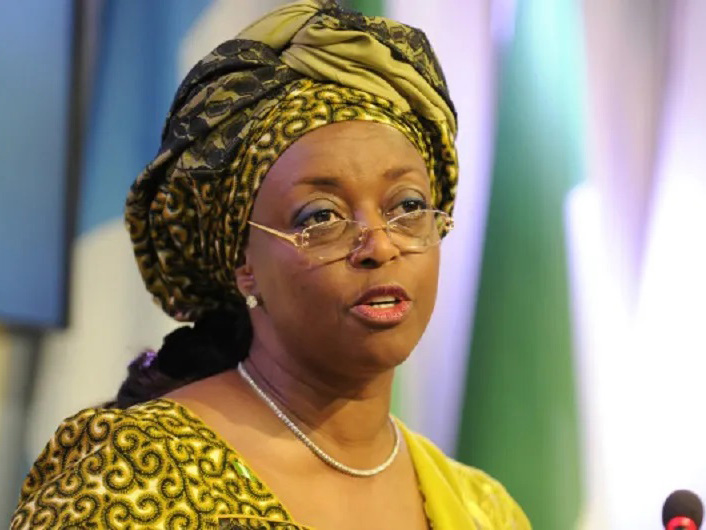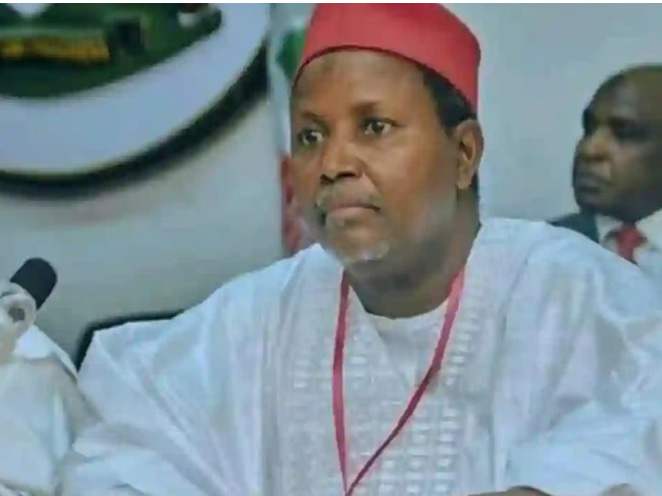The Federal Government has officially approved four airlines as the designated carriers for Nigerian pilgrims participating in the 2025 Hajj.
This announcement was made on Sunday by the Executive Chairman of the National Hajj Commission of Nigeria (NAHCON), Prof. Abdullahi Usman. According to him, the selected airlines—Air Peace Ltd., Fly-Nas (a Saudi Arabia-designated airline), Max Air, and UMZA Aviation Services Ltd.—were chosen from 11 companies that applied to transport Nigerian pilgrims to Saudi Arabia.
The selection process was overseen by a 32-member Aviation Screening Committee inaugurated by NAHCON on November 26, 2024. The committee included representatives from the State Pilgrims’ Welfare Boards, Nigerian Civil Aviation Authority (NCAA), Federal Airports Authority of Nigeria (FAAN), Nigerian Airspace Management Agency (NAMA), Nigerian Meteorological Agency (NIMET), Nigerian Safety Investigation Bureau (NSIB), Nigerian Customs Service (NCS), and Independent Corrupt Practices Commission (ICPC).
Additional members included NAHCON board representatives from all geopolitical zones, as well as heads from the commission's Aviation, Procurement, Legal, Internal Audit, and Special Duties departments.
Prof. Usman also announced that three excess cargo carriers were selected to support the Hajj operations: Aglow Aviation Support Services Ltd., Cargozeal Technology Ltd., and Qualla Investment Ltd.
While congratulating the approved companies, Prof. Usman emphasized the need for them to deliver on their commitments made during the screening process.
In a related development, Prof. Usman signed the 2025 Hajj Memorandum of Understanding (MoU) with the Saudi Ministry of Hajj and Umrah on behalf of the Nigerian Government. The signing ceremony, held in Jeddah, Saudi Arabia, was attended by Dr. Abdulfatah Masahat, the Deputy Minister of Hajj and Umrah, representing the Kingdom of Saudi Arabia.
This formal agreement cements the partnership and sets the stage for a successful Hajj operation in 2025.












